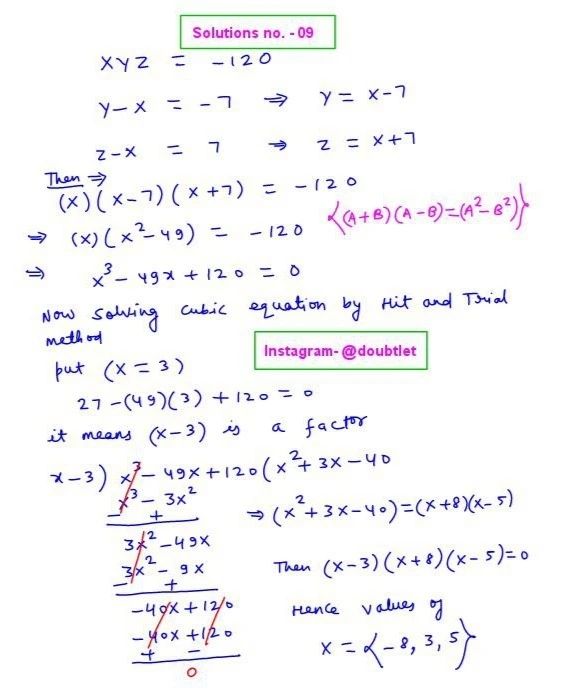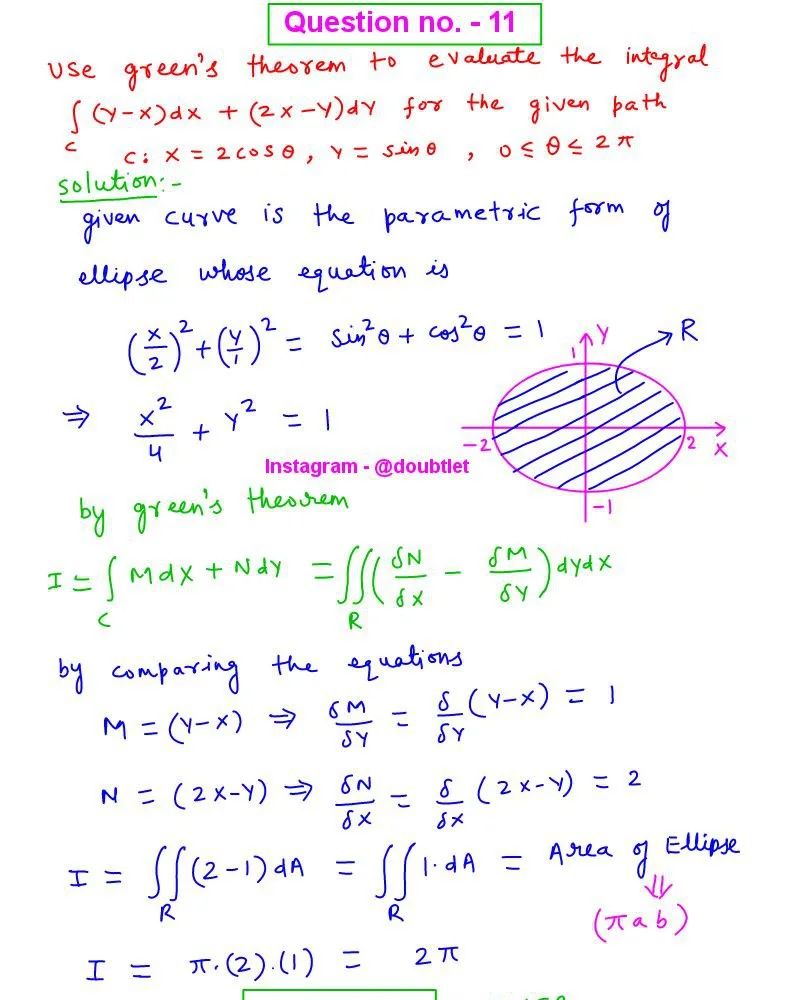









Angle between two Lines in 3D Calculator
This calculator will help you to find the Angle between two lines in 3-D with the steps shown.Related Calculators:Angle between two Lines in 2D Calculator
Loading...
Loading...
Loading...
Loading...
Loading...
Loading...
Loading...
Loading...
Loading...
Loading...
Loading...
Loading...
Angle between two lines in 2D
Distance of a point from a Line
Distance of a point from a Plane
Angle between line and Plane
Angle between two vectors
Angle between two Planes
- 1. Introduction to the Angle between two Lines in 3-D
- 2. What is the Formulae used ?
- 3. How do I calculate the Angle between two Lines in 3-D?
- 4. Why choose our Angle between two Lines in 3-D Calculator?
- 5. A Video for explaining this concept
- 6. How to use this calculator ?
- 7. Solved Examples
- 8. Frequently Asked Questions (FAQs)
- 9. What are the real-life applications?
- 10. Conclusion
1. Introduction to the Angle between two Lines in 3-D
Welcome to the dynamic realm of three-dimensional geometry, where lines intersect and angles unfold in fascinating ways. In this blog, we'll unravel the secrets of finding the acute angle between two lines in 3D space. Whether you're a student diving into geometry or simply curious about the spatial relationships that define our world, let's explore this concept in straightforward terms.
The acute angle between two lines in 3D space represents the smallest angle formed when these lines intersect. Understanding this angle is crucial for various applications, from architectural design to robotics and beyond.
2. What is the Formulae used?
To find the angle (θ) between two parallel planes, you can use the following formula:
and is as follows:
Where,
are the coefficients of the equation of the Lines.
3. How do I calculate the Angle between two Lines in 3-D?
Calculating the Angle between the Lines involves a series of straightforward steps:
Identify the coefficients in the given equation of the lines.
Plug these values into the formula for finding the angle.
Calculate the numerator by substituting the values into the formula .
Calculate the denominator by computing square root
Use the inverse cosine (arc cosine) function to calculate θ.
4. Why choose our Angle between two Lines in 3-D Calculator?
Our calculator page provides a user-friendly interface that makes it accessible to both students and professionals. You can quickly input your square matrix and obtain the matrix of minors within a fraction of a second.
Our calculator saves you valuable time and effort. You no longer need to manually calculate each cofactor, making complex matrix operations more efficient.
Our calculator ensures accurate results by performing calculations based on established mathematical formulas and algorithms. It eliminates the possibility of human error associated with manual calculations.
Our calculator can handle all input values like integers, fractions, or any real number.
Alongside this calculator, our website offers additional calculators related to Pre-algebra, Algebra, Precalculus, Calculus, Coordinate geometry, Linear algebra, Chemistry, Physics, and various algebraic operations. These calculators can further enhance your understanding and proficiency.
5. A video based on the concept of how to find the Angle between two Lines in 3-D.
6. How to use this calculator
This calculator will help you to find the Angle between two Lines in 3-D.
In the given input boxes you have to put the value of the coefficients of the equation of lines in the Standard form.
After clicking on the Calculate button, a step-by-step solution will be displayed on the screen. You can access, download, and share the solution.
7. Solved Examples
Let's find the Angle between the line and
Find value of Numerator = = (2)(1) + (1)(-1) + (3)(2) = 7
Find value of Denominator = =
Now the angle obtained is =
8. Frequently Asked Questions (FAQs)
What if the lines are parallel?
If the lines are parallel, the acute angle between them is 0 degrees.
Can the lines be coincident?
No, coincident lines have an angle of 0 degrees.
Can we use this formula for lines in 2D space?
No, this formula specifically applies to lines in three-dimensional space.
What if the angle obtained is obtuse?
Ensure the angle is within the acute range (0 to 90 degrees).
Are there alternative methods to find the angle?
While other methods exist, the cosine formula is widely used for its simplicity.
9. What are the real-life applications?
Understanding the acute angle between two lines is vital in fields like robotics, where the alignment of robotic arms can be optimized for precision. It's also crucial in architectural design for creating aesthetically pleasing angles in structures.
10. Conclusion
Mastering the calculation of the acute angle between two lines in 3D space unveils the precision and harmony inherent in spatial relationships. From robotics to architecture, this concept plays a pivotal role in shaping the physical world around us. So, the next time you ponder the angles formed by intersecting lines, remember, the acute angle is the key to unraveling the spatial dynamics of our three-dimensional reality!
This blog is written by Neetesh Kumar
If you have any suggestions regarding the improvement of the content of this page, please write to me at My Official Email Address: doubt@doubtlet.com
Are you Stuck on homework, assignments, projects, quizzes, labs, midterms, or exams?
To get connected to our tutors in real time. Sign up and get registered with us.
Comments(0)













Leave a comment